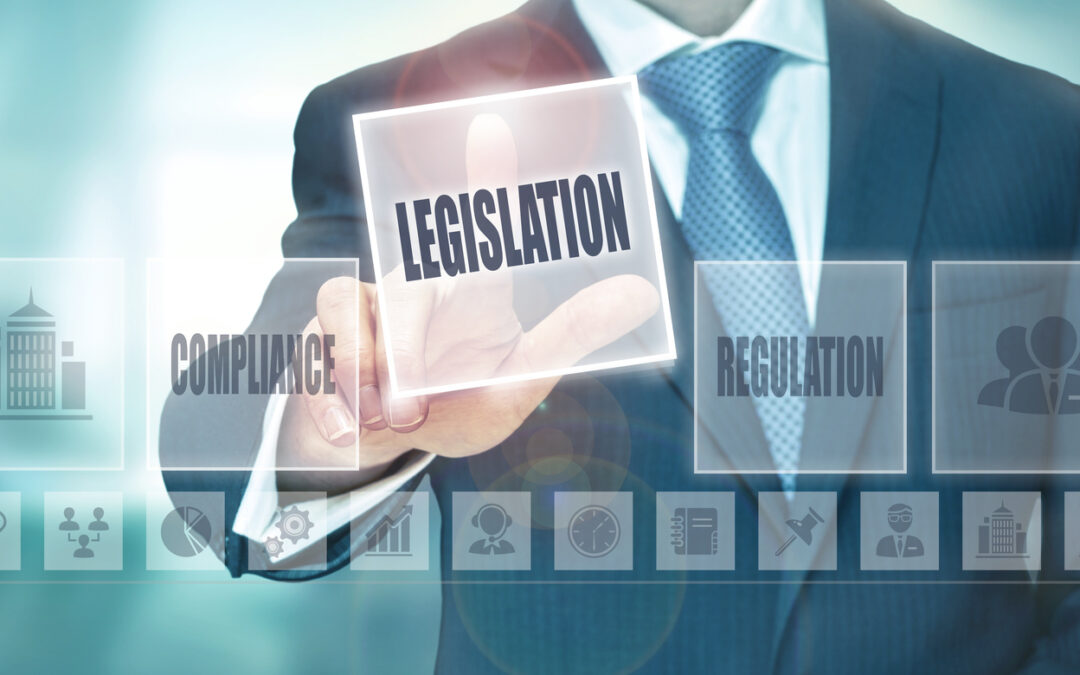The American Data Privacy and Protection Act (H.R. 8152) was a proposed federal legislation aimed at establishing national standards for data privacy in the United States. Despite its potential to improve consumer privacy, H.R. 8152 failed to become law.
I will discuss why the American Data Privacy and Protection Act (ADPPA) did not pass, its potential impact on US data privacy, and how it can serve as a model for state-level privacy laws.
The Failure of the American Data Privacy and Protection Act
There are several key reasons why the ADPPA failed to become law.
One of the primary factors was opposition from certain industry groups that argued the bill would impose excessive burdens on businesses, stifling innovation and economic growth.
Additionally, the lack of bipartisan support in Congress contributed to the bill’s failure, as lawmakers could not reach a consensus on the best approach to regulating data privacy.
Impact on US Data Privacy
Had the ADPPA been enacted, it would have established a uniform set of rules for companies to follow when handling consumer data.
This could have led to increased transparency and better protection for consumers’ personal information. However, with the failure of the bill, the United States continues to lack comprehensive federal data privacy legislation, resulting in a patchwork of state-level laws that can be confusing for both consumers and businesses to navigate.
ADPPA as a Model for State-Level Privacy Laws
Despite its failure at the federal level, the American Data Privacy and Protection Act can still serve as a valuable model for a state-level privacy protection act.
By adopting elements of this proposed legislation, states can create more effective regulations that address specific issues related to data privacy within their jurisdictions.
For example, the California Consumer Privacy Act (CCPA) and the Virginia Consumer Data Protection Act (CDPA) are two state-level privacy laws that have been developed in response to the growing concern over data privacy.
These laws grant consumers rights such as access, deletion, and opt-out options for certain types of data collection activities.
The Future of US Data Privacy
The current state of data privacy in the US leaves much room for improvement, with many companies neglecting consumer privacy or exploiting loopholes in existing regulations.
As technology continues to advance and new forms of digital communication emerge, it is crucial for both federal and state lawmakers to prioritize data privacy and work towards comprehensive legislation that protects consumers’ personal information.
While the American Data Privacy and Protection Act did not become law, it can still serve as a valuable model for developing state-level privacy laws.
By adopting elements of this proposed legislation, states can create more effective data privacy regulations that address the unique needs of their citizens.
As the US faces an uncertain future regarding data privacy, it is essential that lawmakers prioritize consumer protection and work towards a unified approach to regulating this critical issue.
More information on H.R. 8152 – American Data Privacy and Protection Act can be found here.
Also, be sure to check out our expanding list of international privacy laws here.



